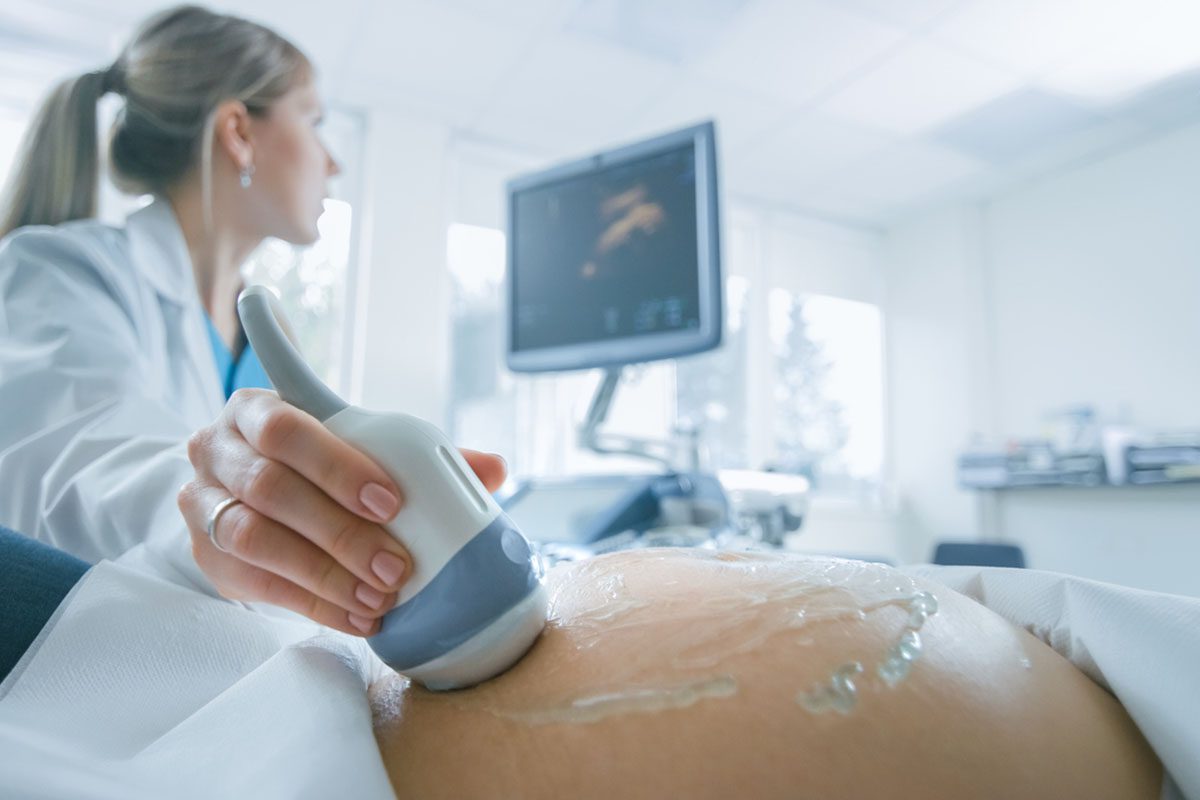See letter by Vangala et al and commenting letter by Akerson et al
To the Editor: We thank Akerson et al for their response1 to our recent letter in the Journal.2
We echo and agree with the value of embedded social workers in fetal centers to provide ongoing psychosocial support for families before and after interventions. We also have social workers that form a crucial part of the multidisciplinary team, and we heavily rely on their psychosocial assessments to better understand how these factors can impact overall health outcomes. We appreciate the authors’ presentation to the readers of the many benefits and ways social workers contribute to a patient’s care. Our goal with this letter was to make attempts to further clarify the psychiatrist’s role and scope of practice with the patient and the multidisciplinary team and to propose solutions on how a psychiatric evaluation may be tailored to fulfill these roles without being a repetition of support already being provided.
Regarding the goal of a psychiatric evaluation, the primary purpose is not to aid in decisions about eligibility; that is a secondary goal in select cases. The primary purpose is risk factor analysis, education and diagnostic clarification of psychiatric conditions, and therapy and/or medication recommendations.
We would like to correct the conclusion that we are recommending one-time visits with the psychiatrist without other support. Due to the relative scarcity of fetal centers in the country, a large portion of the patients in our institution are from out of state. For our patients that do not have a geological barrier and require ongoing psychiatric care, we support multiple visits. However, patients with one-time or less complex procedures may return to their home state sooner, wherein they are unable to see the psychiatrist for ongoing care due to interstate medical licensing restrictions. As a result, they may get only one or very limited psychiatric visits, but they continue to receive psychosocial support from their social worker and fetal center nurse coordinator. We identified a common barrier that we (and possibly other institutions) face but still strive to provide patients with the acute psychiatric care they need and then refer elsewhere.
In summary, we agree that all patients and families benefit greatly from ongoing psychosocial support, which is commonplace in most fetal centers, while some patients also require further psychiatric care acutely. Our original letter2 was a proposal for an outline of the role/ scope of care for a psychiatrist in evaluating mothers who undergo fetal interventions, which is a part of the multidisciplinary approach alongside the surgical team and social workers. Thank you for the chance to respond and participate in such an important discussion topic.
Article Information
Published Online: November 18, 2024. https://doi.org/10.4088/JCP.24lr15579a
© 2024 Physicians Postgraduate Press, Inc.
J Clin Psychiatry 2024;85(4):24lr15579a
To Cite: Vangala S, Williams Jr R, Buskmiller CM, et al. Clarification regarding the psychiatrist’s role: psychiatric care versus psychosocial support—reply to Akerson et al. J Clin Psychiatry. 2024;85(4):24lr15579a.
Author Affiliations: Department of Obstetrics and Gynecology, Texas Children’s Hospital at the Pavilion for Women, Baylor College of Medicine, Houston, Texas (Vangala); Department of Psychiatry, Baylor College of Medicine, Houston, Texas (Vangala, Williams); Texas Children’s Fetal Center at the Pavilion for Women, Baylor College of Medicine, Houston, Texas (Buskmiller); Maternal Fetal Medicine/Fetal Surgery, Texas Children’s Fetal Center at the Pavilion for Women, Baylor College of Medicine, Houston, Texas (Munoz).
Corresponding Author: Sindhura Vangala, MD, Texas Children’s Pavilion for Women II 6620 Main St, Ste H1300, Houston, TX 77030 ([email protected]).
Relevant Financial Relationships: None.
Funding/Support: None.
References (2)

- Akerson VM, Hansen KL, Merrill Olver K, et al. Mental health assessment and psychosocial intervention are already happening for maternal-fetal interventions. J Clin Psychiatry. 2024;85(4):24lr15579.
- Vangala S, Williams R Jr., Buskmiller CM, et al. Mental health assessments for fetal interventions. J Clin Psychiatry. 2024;85(3):24l15275. PubMed CrossRef
This PDF is free for all visitors!





